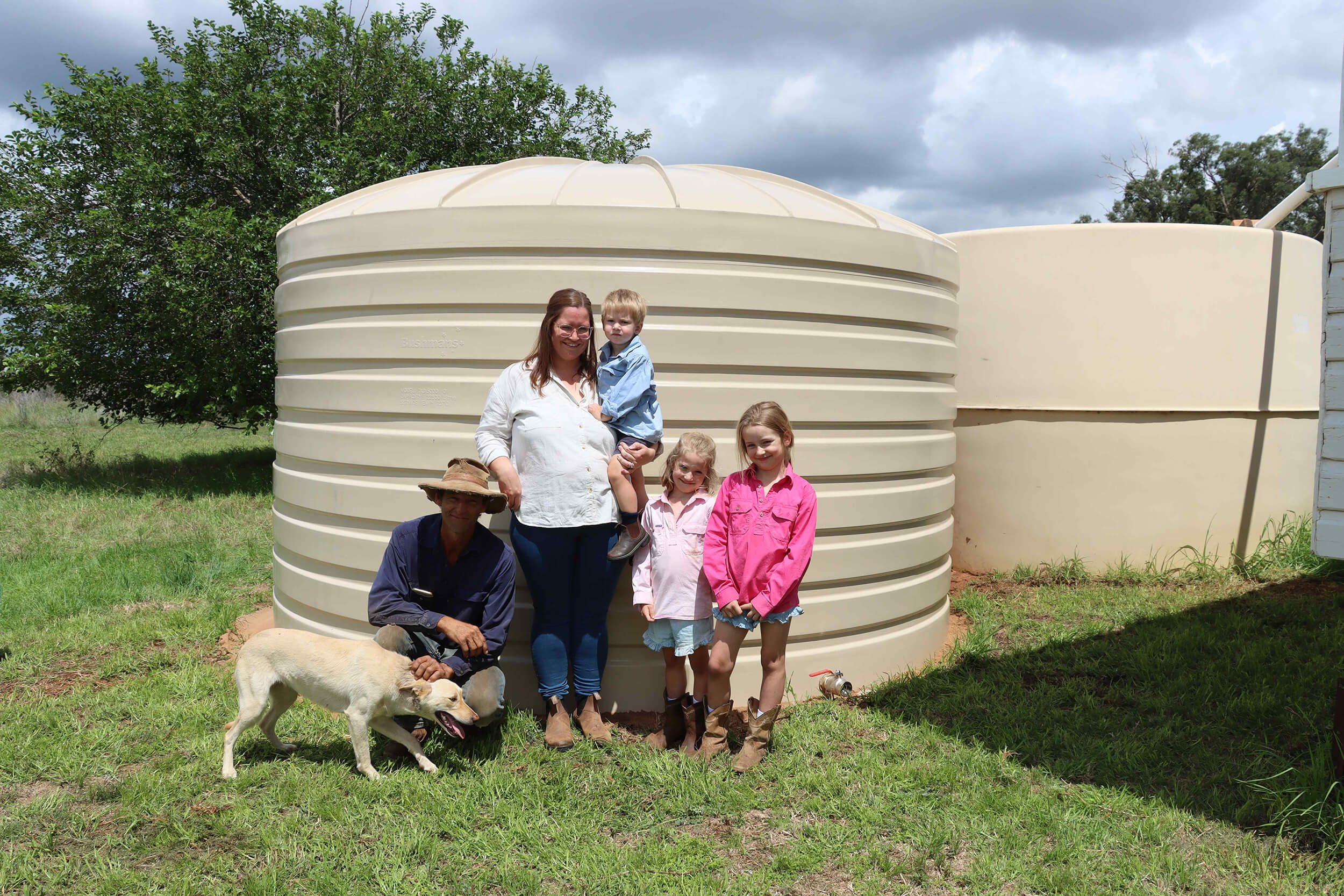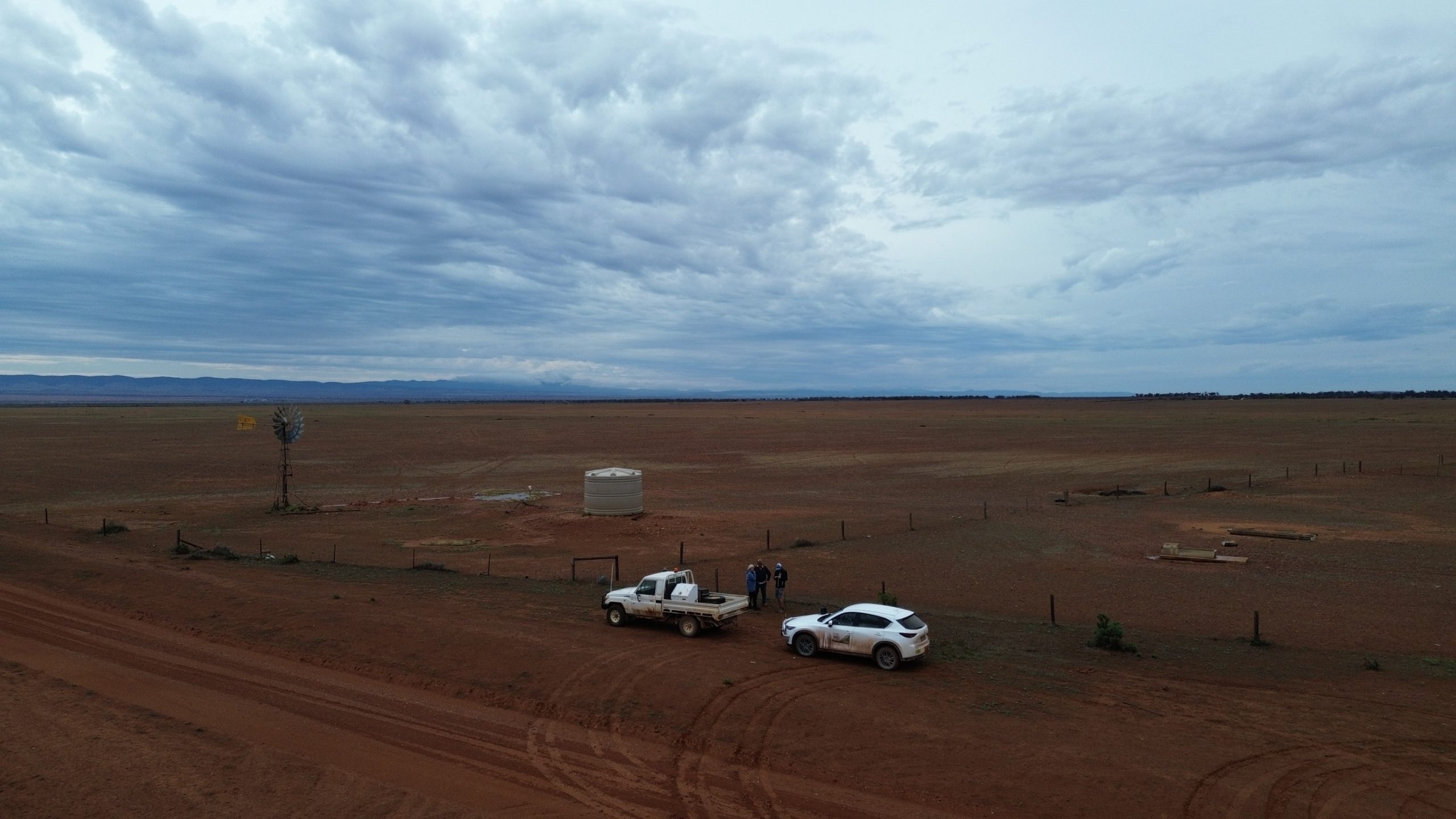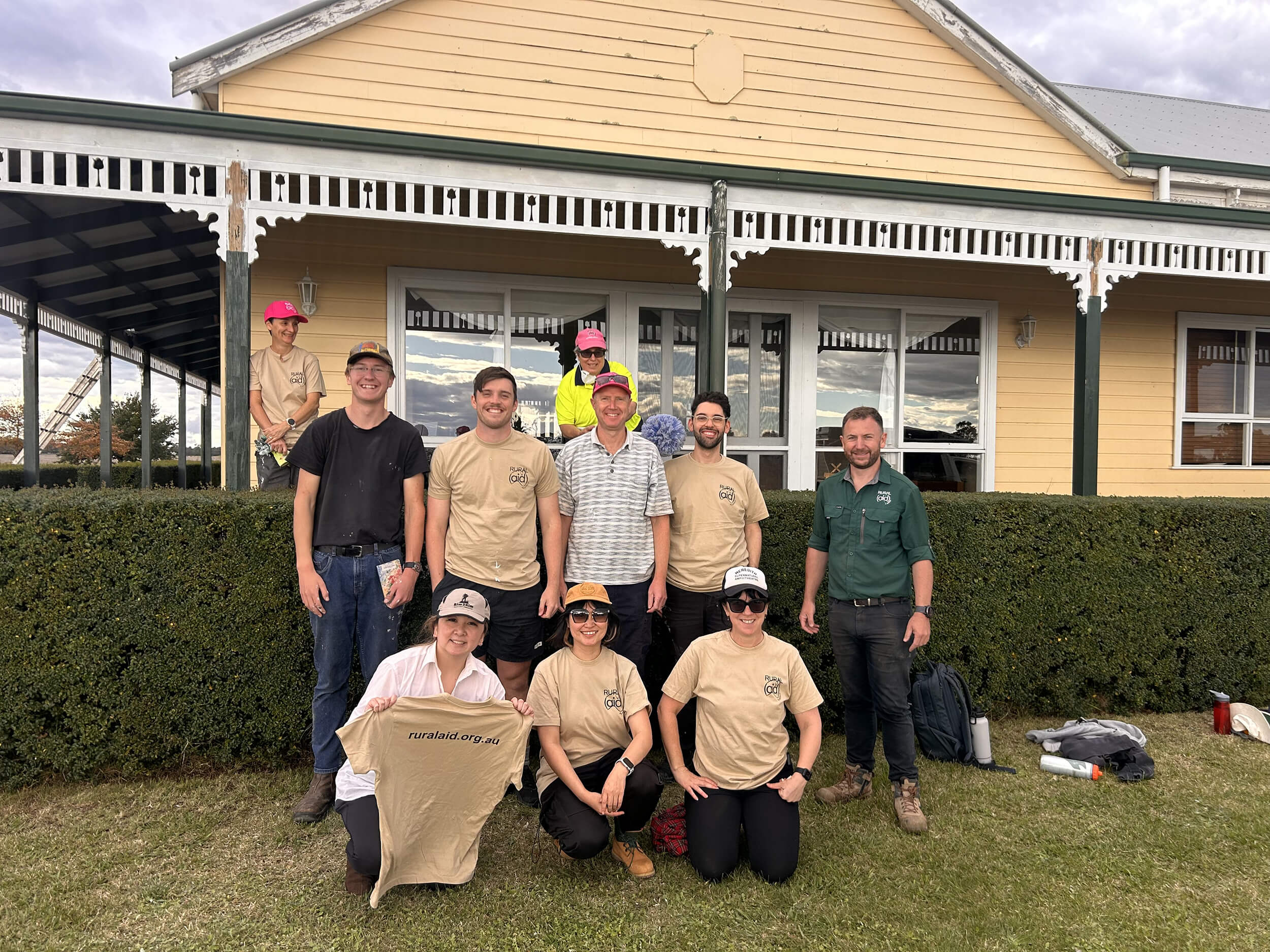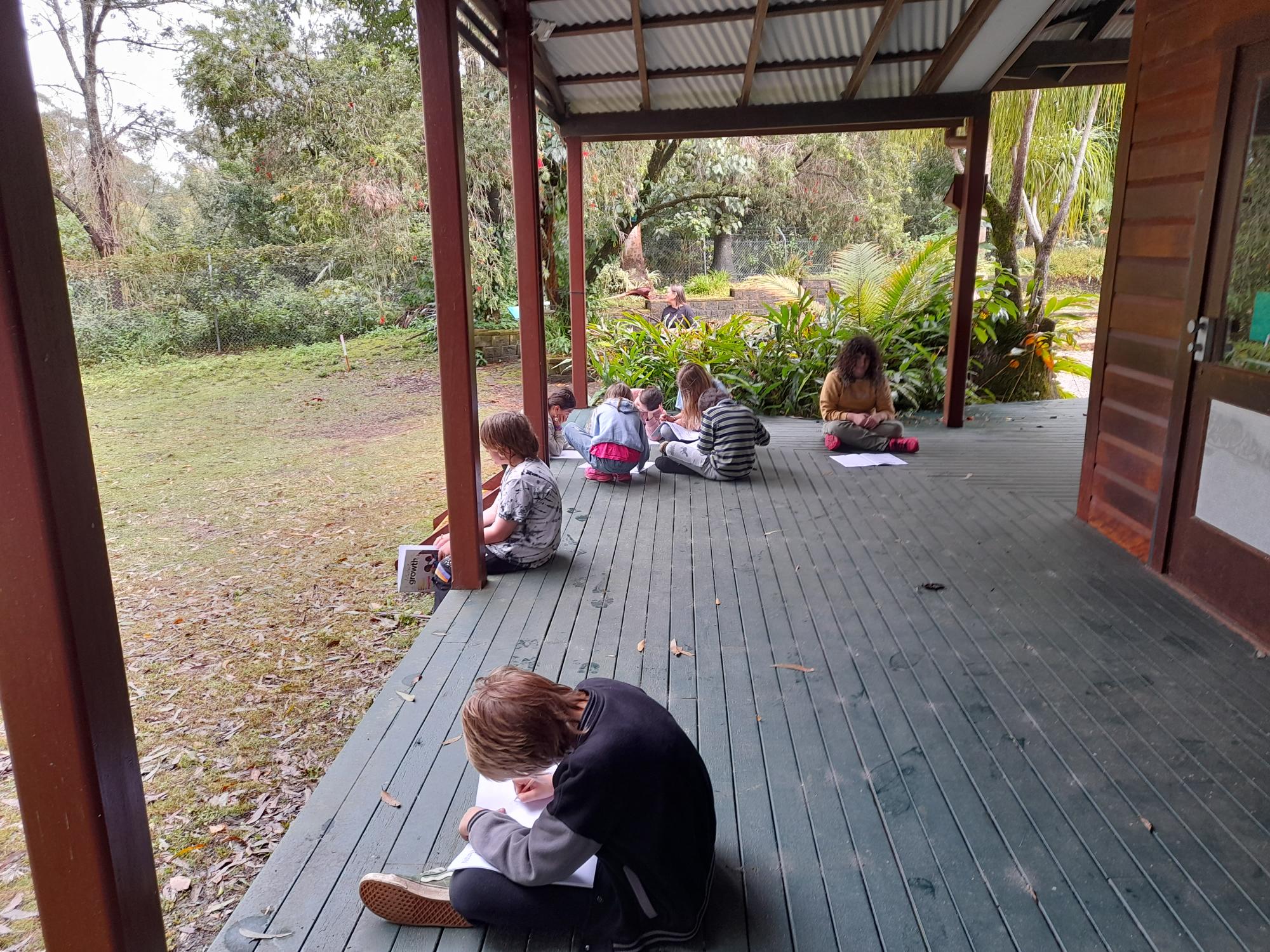Rural Aid Launches Appeal to Safeguard the Next Generation of Aussie Farmers
Rural Aid has launched a powerful new fundraising campaign to secure the future of rural Australia by supporting the next generation of farmers — the children growing up on the land today.
These children are not only the future of their family farms, but also the future custodians of Australia’s food supply. Right now, many are facing significant challenges. From natural disasters to financial stress, country kids often grow up surrounded by uncertainty, with the weight of the farm’s future on their young shoulders.
Rural Aid is raising funds to provide both immediate and long-term support for country kids and their families. Donations will help deliver practical support including hay, domestic water, financial assistance, specialist counselling services, and continued delivery of Rural Aid’s Mustering Growth program — a school-based mental health and wellbeing initiative designed to build resilience and emotional strength in rural students.
Rural Aid CEO John Warlters said the campaign is about much more than providing short-term support.
“If we want to keep young people on the land, we must support them now and from an early age. These kids are growing up in incredibly trying circumstances, but they are also the future of farming in this country,” Mr Warlters said.
“Many of our farms are passed down through generations. When we nurture country kids, when we support their wellbeing, confidence and connection to community, we’re not just helping them today. We’re safeguarding rural Australia’s future.”
For families like Danny and Erin Hutchinson, cattle and cropping farmers from Biddon, NSW, the value of support is deeply felt. Their children — Amelia (8), Ali (6) and Lockie (3) — are growing up with plenty of space to explore, but also with the stress of drought and financial strain close to home.
“We’re just so grateful for the support we received from Rural Aid,” said Ms Hutchinson. “It made a real difference, not just to the farm, but to our whole family’s wellbeing.”
Recent Rural Aid research highlights the scale of the challenge:
- 41% of farming parents are most concerned about financial stability and meeting their child’s basic needs
- 57% believe rural children need access to tailored mental health support
- 83% of farming families have used or would use Rural Aid’s counselling services
The campaign aims to ensure country kids have the support, skills and confidence they need to grow into strong, capable adults who can carry their communities, and the farming sector, into the future.
To help secure the future of our country kids and Australian farming, donate today at www.countrykids.ruralaid.org.au.
About Rural Aid:
Rural Aid is Australia’s leading rural charity, dedicated to providing practical support and vital services to farmers and rural communities. Since its establishment in 2015, the charity has been a lifeline during times of crisis, delivering essential services such as mental health support, hay, domestic water, and community engagement. As the organisation celebrates 10 years of service, it continues to partner with farmers to navigate challenges, recover from hardship, and build stronger, more resilient futures, shaping a brighter future for rural Australia.
For media inquiries, please contact:
Daniel Brown
Media and Communications Officer
0447 116 757
daniel.brown@ruralaid.org.au





